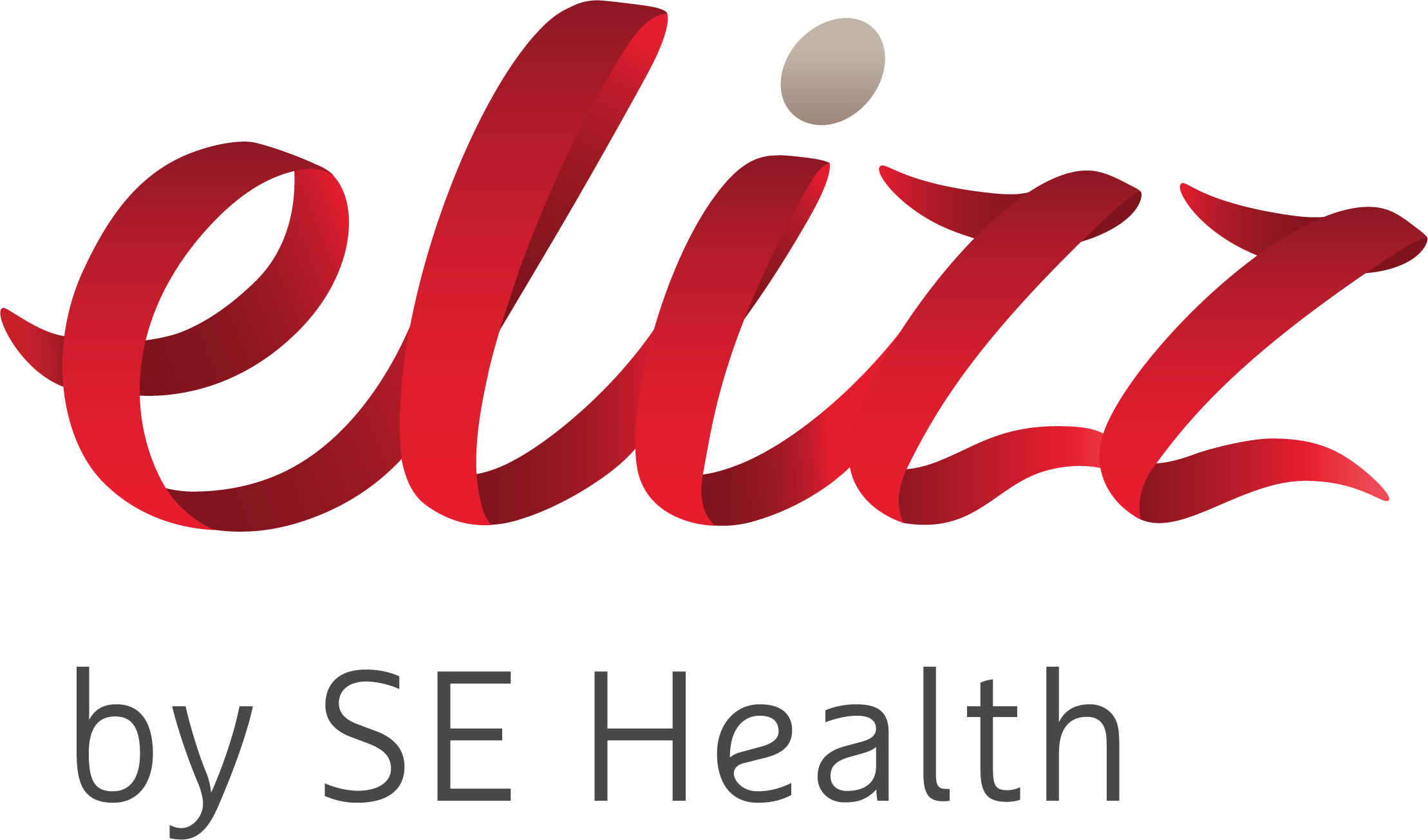Protection tips for COVID-19 financial scams and frauds

The Canadian Anti-Fraud Centre (CAFC) informs us that scammers and fraudsters try and trick people into:
- revealing personal and financial information
- clicking on malicious links
- making donations to phony charities and relief efforts.
Examples of COVID-19 Scams and Frauds
How do they get to you? Phone, text, email and yes, still door-to-door. Here are some examples of the COVID-19 scams and frauds circulating at this time:
Health focused scams and frauds
- Offers of a “Miracle Oil”, herbal remedies, vaccinations which can protect you from COVID-19. Note that, at this time, there is still no vaccine or any natural health product that is authorized to treat or protect against COVID-19
- Private companies offering fast COVID-19 tests for sale. Note that only health care providers can perform these tests and no other tests are genuine or guaranteed to provide accurate results
- Malicious Apps which claim to be coronavirus world maps and COVID tracker apps (these apps can embed malware, lock you out and steal your passwords)
- A phone call from someone posing as a health authority, saying you either have COVID or have been exposed to COVID (then you are asked for your credit card to pay for testing or results or a prescription)
- A version of the CRA scam where the caller is told that their “provincial medical benefits have run out or are running out and need to either send money or buy private medical insurance
- Door to door (yes, really) sales people offering household decontamination services
Consumer based scams
- Emails which appear to be from Shopper’s Drug Mart, claiming you qualify for a special offer if you complete a survey (then you are asked to pay a delivery fee)
- A phone call, telling you that you have a package (from Canada Post, UPS) but need to first pay duty or shipping
- Posing as a cleaning or heating company, offering duct cleaning services or air filters to protect from COVID-19
- Claims to be a local or provincial hydro/electrical power company, threatening to disconnect your power for non-payment
Bank and insurance and investment related scams
- Callers posing as “financial planners” with opportunities to get investment portfolios back up from COVID-19 losses
- Asking for your SIN number and banking information for a direct deposit from the government due to COVID-19
- Posing as bank loan officers, offering financial aid and/or loans
Government focused frauds
- Being asked to click on a link to apply or receive your “Government of Canada benefit” or to verify eligibility for financial assistance due to COVID-19
Family, community and charity focused scams
- Claims to be from the World Health Organization (WHO), asking for donations to fight COVID-19
- Deceptive websites asking you to donate to help purchase Personal Protective Equipment for front line health care providers
- Red Cross and other charities offering free medical products (especially masks) for a donation
- Claims that a “grandchild” is stuck overseas and can only get home if a “special flight” is purchased
Scamming is big business
This is no time to be naive or arrogant. These scams and frauds are effective and there is no “typical” victim of fraud. These criminals are professionals, so to speak, and are good at getting people to open up their wallets and provide personal and financial information. In March alone, there were over 6,000 reports made to the Canadian Anti-Fraud Centre and victims lost over $8 million. The CAFC also estimates that less than five per cent of fraud victims file a report.
Financial Protection Tips
- Verify. Verify. Verify
Always verify that the company, agency, or organization is legitimate before you take any other action. If it is an unsolicited contact (one you didn’t ask for or initiate), you do NOT know who you are talking to. Verify:
- Canadian charities with the Canada Revenue Agency
- Collection agencies with the appropriate provincial agency
- Contact information for the company that supposedly called you, and call them to confirm
- Any calls with your credit card company by calling the phone number on the back of your credit card
- Situation with other family members if you’ve received a call or other contact from a family member who is in apparent trouble and needs your (financial) help
- By requesting the information, or request in writing. Resist giving an immediate yes. They tend to tug at our emotions and heartstrings.
- Don’t give out personal information. This includes:
- Your name
- Your address
- Your birth date
- Your Social Insurance Number
- Your banking information
- Your credit card information
- Keep your computer updated with anti-virus software. Never click on links or attachments in unsolicited or suspicious emails and NEVER give remote access to your computer.
Resources you can trust
- Government of Canada COVID-19 for health, financial and security resources
- Financial Consumer Agency of Canada COVID-19 for information on government financial assistance during COVID-19 pandemic
- Health information from these legitimate sources:
- Coronavirus disease (COVID-19) (Public Health Agency of Canada)
- Coronavirus disease (COVID-19) outbreak (World Health Organization)
- Contact your insurance provider directly to answer any health insurance questions
- Canadian Bankers Association for further information and advice on fraud prevention
Report IT
The more people report these financial scams, the more informed we can all become. You can start with a report to your local police department. The Canadian Anti-Fraud Centre also encourages anyone who believes they or someone else has been targeted by a scam to call them at 1-888-495-8501 (toll free) or report it online at www.antifraudcentre.ca.
Life is hard enough these days. No one needs the added experience of being financially scammed. What do you do protect yourself and the older adults you are caring for?










interesting article
What about people on disability? We have the same expenses as seniors and everyone else? Time to help us too, this is so unfair we didn’t choose to have a disability.
I understand your concerns Ron. If it isn’t a federal pension for disability (CPP disability), then it is a provincial jurisdiction. You could contact your local Member of Provincial Parliament (MPP) to raise your concerns. If you are on a federal disability pension (CPP disability), you could contact your local Member of Parliament (MP) instead to raise your concerns. Take care.